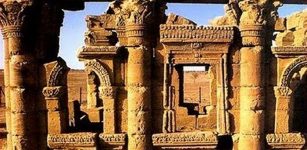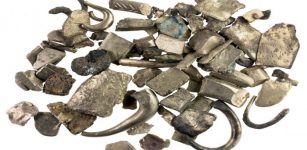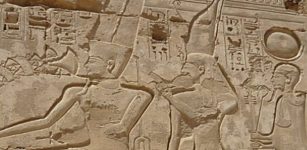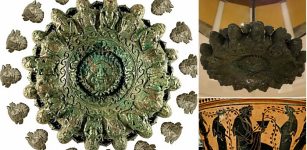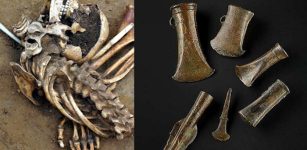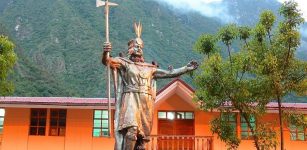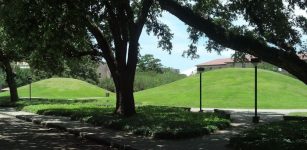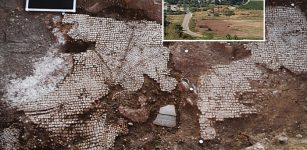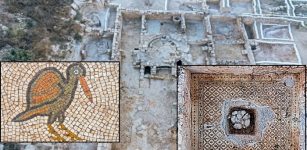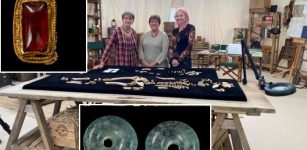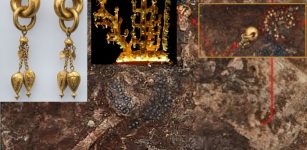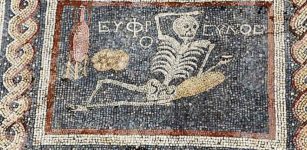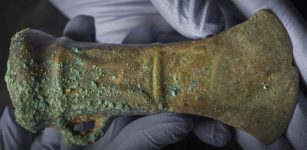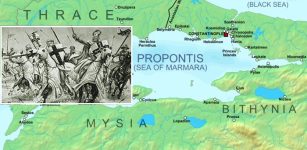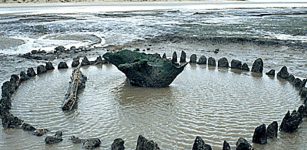3,000-Year-Old Fortress Built By The Mysterious Votadini Tribe Discovered On Top Of Arthur’s Seat
Jan Bartek - AncientPages.com – A 3,000-year-old hill fort built by the mysterious Votadini tribe has been unearthed on top of Arthur’s Seat in Edinburgh, Scotland.
Today, Arthur's Seat, which is an extinct volcano is not much to look at, but in ancient times this place was home to a thriving community.
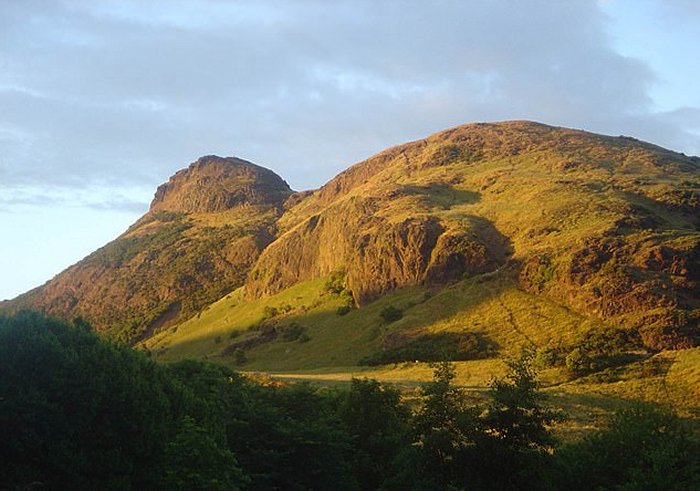
Arthur’s Seat in Edinburgh. Credit: Public Domain
The Votadini tribe were a Celtic people of the Iron Age in Great Britain. They occupied a region in what is now south-east Scotland and north-east England, extending from the Firth of Forth and around modern Stirling to the River Tyne, including at its peak what are now the Falkirk, Lothian, and Borders regions and Northumberland.
Archaeologists have previously discovered their burial site at Traprain Law in East Lothian which has led researchers t believe this was once the Votadini’s capital. Ancient Roman coins found at the same site offer evidence the Votadini ultimately Romanized and assimilated into early Scottish culture.
While excavating at the top of Arthur's Seat, archaeologists unearthed ancient walls that are part of a prehistoric hillfort constructed by the Votadini.
Archaeologists are now exploring the remains of this fascinating fortress, and they admit climbing to the top of the 250m peak wearing heavy equipment has been tiresome, but certainly worth the effort.
Researchers reveal they have also discovered evidence that the Votadini used part of the land within the hilltop settlement for farming — and the now-barren site overlooking the Firth of Forth would have once been bustling with farmers and traders.
“This was programmed work to evaluate the condition of archaeological remains within the park, which had initially begun in March but was postponed following the outbreak of coronavirus,” Historic Environment Scotland told Edinburgh Live.
“As an ancient monument which has seen thousands of years of activity, the park is rich in archaeological remains, which provide an indication of those who lived here before,” they continued.
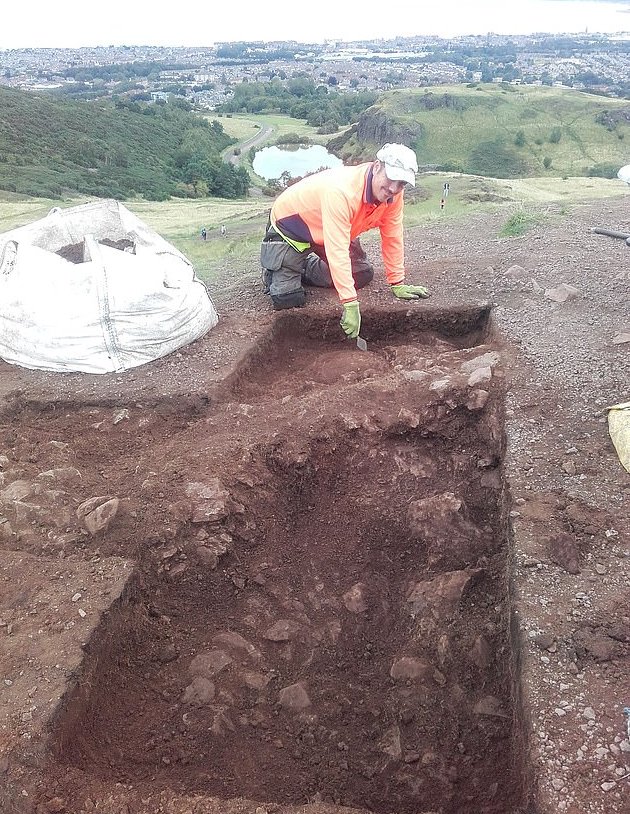
Credit: CFA Archaeology Ltd
"We have a team currently working who have opened up three trial trenches aimed at locating and identifying the nature and extent of archaeological features on a plateau near the summit of Arthur’s Seat.’
"Initial findings are still being assessed but will help build a fuller picture of how the park was used and developed over the centuries and inform the future management of this amazing place."
See also: More Archaeology News
Arthur's Seat is a place where mythology meets history. The peak takes its name from the folktale suggesting that the mythical King Arthur is buried, asleep, in a glass coffin at the heat of the volcanic hill.
Scientists will most likely not find the remains of the legendary King Arthur, but the ancient hillfort is an impressive archaeological discovery.
Written by Jan Bartek - AncientPages.com Staff Writer

